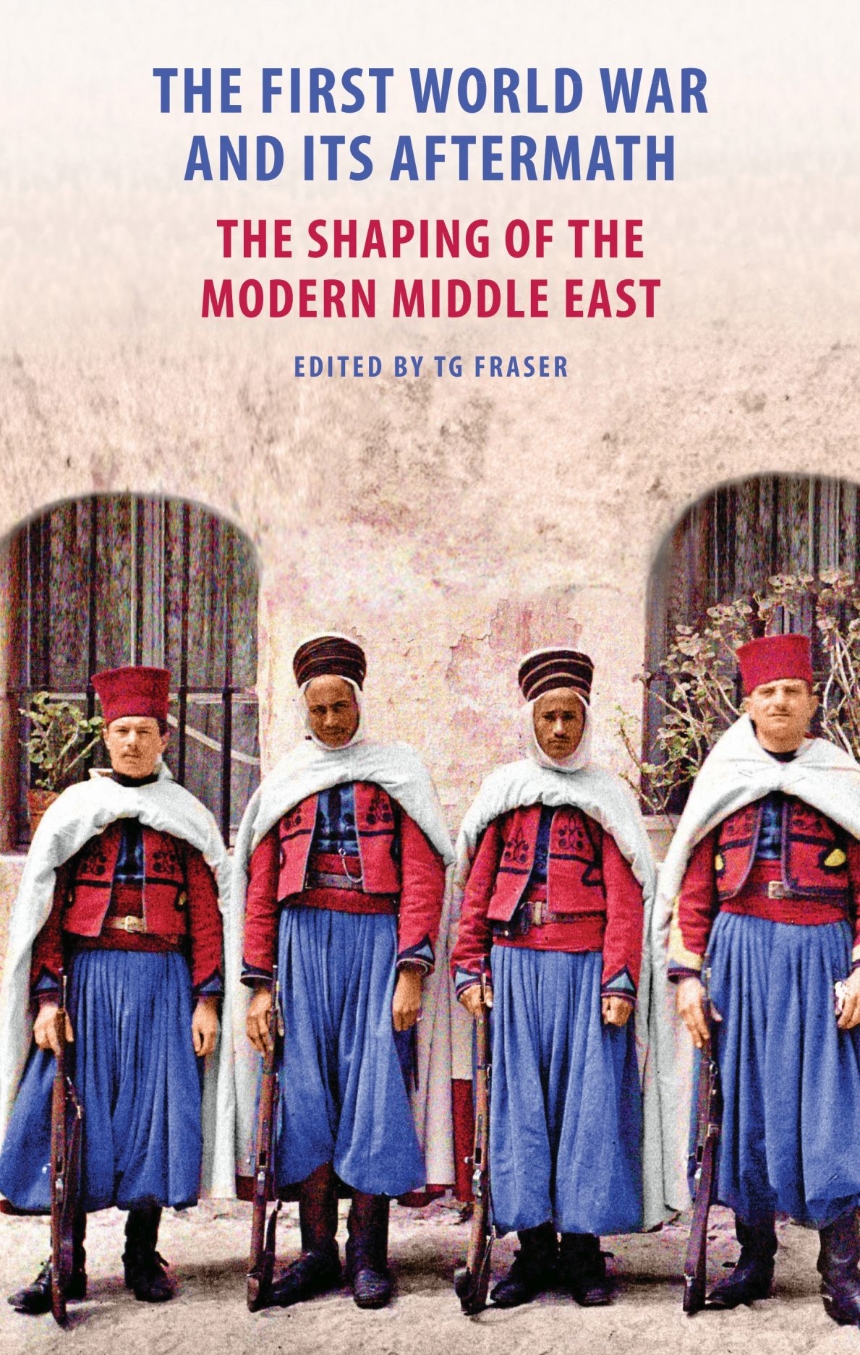In addition to recounting the crucial international politics that drew fierce lines in the sands of the Middle East—a story of intrigue between the British, Russians, Ottomans, North Africans, Americans, and others—the contributors engage topics ranging from the war’s effects on women, the experience of the Kurds, sectarianism, the evolution of Islamism, and the importance of prominent intellectuals like Ziya Gökalp and Michel ‘Aflaq. They examine the dissolution of the Ottoman Empire, the exploitation of notions of Islamic unity and pan-Arabism, the influences of Woodrow Wilson and American ideals on Middle East leaders, and likewise the influence of Vladimir Lenin’s vision of a communist utopia. Altogether, they tell a story of promises made and promises broken, of the struggle between self-determination and international recognition, of centuries-old empires laying in ruin, and of the political poker of the twentieth century that carved up the region, separating communities into the artificial states we know today.
Reviews
Table of Contents
Introduction: the political transformation of the Middle East 1914–1923
T.G. Fraser
1. The rise of Egyptian nationalism and the perception of foreigners in Egypt 1914–1923
Amany Soliman
2. The antecedents and implications of the so-called Anglo-Sanussi War 1915–1917
Jason Pack
3. British intelligence and Arab nationalism: the origins of the modern Middle East
Steven Wagner
4. The First World War and its legacy for women in Iraq
Noga Efrati
5. From anti-imperial dissent to national consent: the First World War and the formation of a trans-sectarian national consciousness in Lebanon
Mark Farha
6. Historicising hunger: the famine in wartime Lebanon and Syria
Najwa al-Qattan
7. The patriarch, the amir and the patriots: civilisation and selfdetermination at the Paris Peace Conference
Andrew Arsan
8. A thoroughly modern Caliphate: could legitimate governance for the Middle East in the aftermath of the First World War have been found by looking within?
Louise Pyne-Jones
9. From the Archduke to the Caliph: the Islamist evolution that led to ‘The Islamic State’
Aaron Y. Zelin
10. Some reflections on whether the Mandates were a slow burning fuse for toxic sectarianism in Arab countries
John McHugo
11. Oil, state and society in Iran in the aftermath of the First World War
Kaveh Ehsani
12. The new Arab intellectuals of the post-First World War period: the case of Taha Husayn
Bruno Ronfard
13. A tale of two nationalists: parallelisms in the writings of Ziya Gökalp and Michel Aflaq
Michael Erdman
14. Women, war and the foundations of the Turkish Republic: the vision of New Womanhood in Halide Edib Adıvar’s The Shirt of Flame (1922)
Sevinç Elaman-Garner
15. The limits of soft power: why Kurdish nationalism failed in the French Mandate of Syria
Laila McQuade and Nabil Al-Tikriti
16. The other jihad: Enver Pasha, Bolsheviks, and politics of anticolonial Muslim nationalism during the Baku Congress 1920
Alp Yenen
17. A point of order: a battle for autonomy in the First Legislative Council of Transjordan
Harrison Guthorn
18. Drawing the line: Calouste Gulbenkian and the Red Line Agreement of 1928
Jonathan Conlin
Acknowledgements
Contributors
Index

